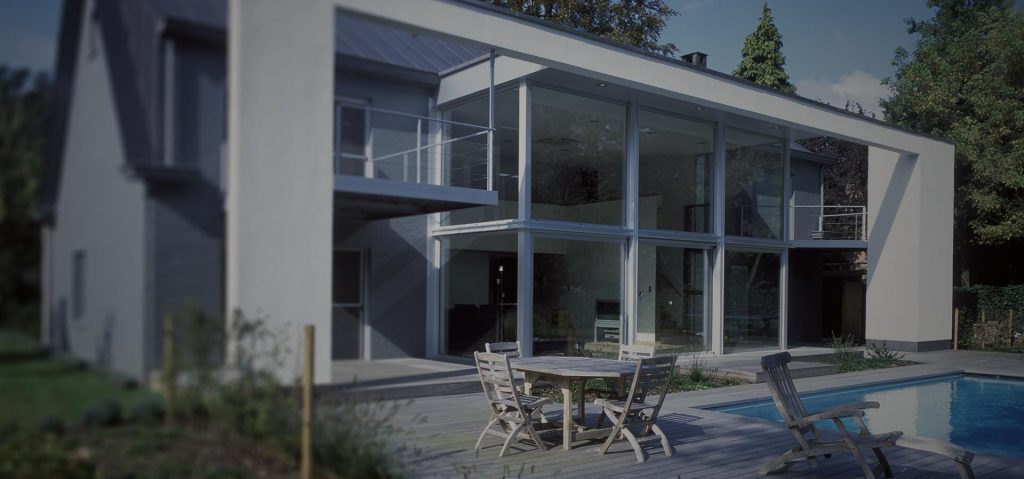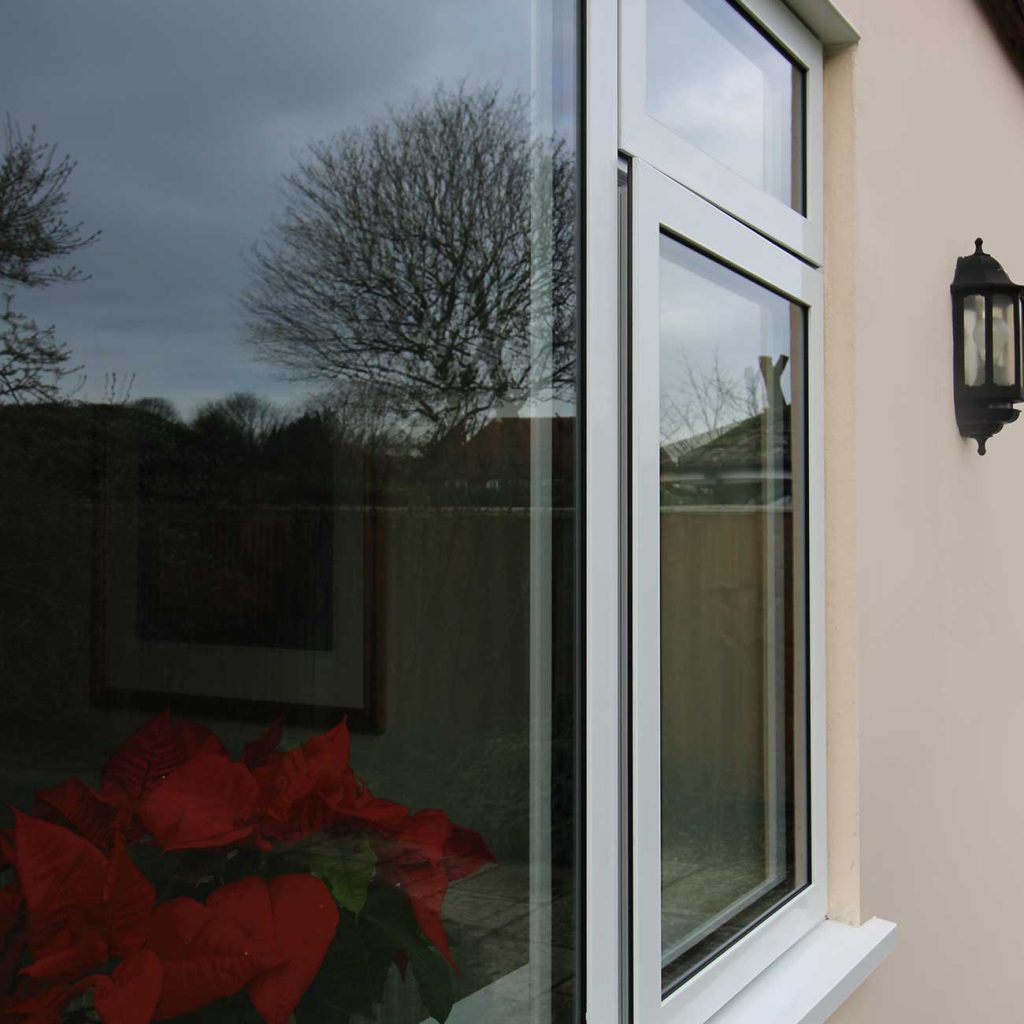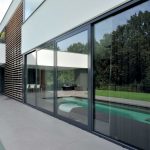How much gap is needed around an aluminium window?
July 27, 2020

Aluminium windows are an increasingly popular window choice for residential installations. For decades, they were mainly used in large scale commercial applications but in recent years, homeowners have been discovering the benefits of aluminium.
As a glazing installer, you’ve probably seen the trend shift from uPVC and timber to incorporate aluminium as a viable option for residential installations. Aluminium’s unique stylish appearance, excellent performance levels, inherent strength and almost endless capacity for customisation have proven popular with homeowners across the UK.
Installing aluminium windows

If you’re more familiar with installing uPVC windows or even timber windows, you may not feel so confident when your customers ask you whether you offer aluminium. As a 21st century glazing installer, however, if aluminium windows aren’t on your product list, then you’re missing out on hundreds of potential business opportunities.
In many ways, installing aluminium windows is the same as installing any other type of window. As with other materials, there are slight differences when installing aluminium which you’ll need to consider before installation. Aluminium is a much lighter material than timber, steel, or even uPVC. It is, however, extremely strong and can support larger panes of glass than other window frame materials.
Aluminium windows are often specified for installations in coastal properties. This is because they are available with a marine grade powder coat finish. This weather resistant veneer is designed to protect against the harsh salt air.
Aluminium is often viewed as purely for contemporary installations due to its sleek appearance. It can also be used in more traditional properties, however, thanks to its design versatility.
Gaps around windows – the essential information
Perhaps the most common questions which we receive at our trade counters from installers starting out in the world of aluminium is: ‘How much gap is needed around an aluminium window? This is a perfectly legitimate question. As all installers know, the gap left around a window during installation will play a huge part in the success of the finished installation. If the gap is too big then it will be difficult to efficiently fill with sealant, leaving the window prone to draughts and poor performance. If it is too small, then the installer may risk forcing and damaging the window during the installation process.
A window gap allows for thermal movement and is sealed post-installation for weather protection. To help our installers to feel comfortable installing aluminium windows, we’ve spoken with experienced glazing professionals across the industry using British Standards guidelines and have used their knowledge to compile this handy comparison table of recommended window gaps around a variety of window materials.
Recommended gap between frame and masonry for sealant (mm)
Frame size:
| Material | Less than 1.5m | 1.5m – 3m | 3m – 4.5m |
| Aluminium | 5 | 5 | 7.5 |
| Steel | 4 | 5 | 6 |
| Timber | 5 | 5 | 5 |
| White uPVC | 5 | 5 | 7.5 |
| Wood-effect uPVC | 7.5 | 7.5 | 11 |
| Composite materials | 2.5 | 5 | 7.5 |
As you can see, the recommended gap around an aluminium window is the same as for white uPVC. For any installers familiar with uPVC window installation, the step into aluminium should therefore be a straightforward one.
Räum aluminium windows from Dekko

At Dekko, we have embraced the aluminium window revolution. At our Lancashire factory, we manufacture our own brand of aluminium windows: Räum aluminium windows. Räum windows are designed to provide outstanding levels of performance and to help trade installers to embrace aluminium in the same way as us.
If you’re a glazing installer, adding Räum aluminium windows to your product portfolio is the best business decision you’ll ever make. Aluminium windows provide an abundance of benefits for both the installer and the homeowner. They rival other materials on their thermal and security performance while beating them with their slim sightlines and customisation capacity.
As we head towards a more environmentally friendly future, regulations in the glazing industry surrounding carbon emissions are becoming increasingly strict. At the forefront of this discussion is the place of aluminium. Aluminium is a 100% recyclable material. Old aluminium frames can be melted down and re-formed numerous times without losing any of the material’s structural quality. Aluminium is relatively easy to produce and will help the glazing industry to meet future environmental protection standards.
If you’d like to find out more about Räum aluminium windows or any of Dekko’s products or services, get in touch today. Call us on 0161 406 0055 or contact us online.










Nationwide delivery in the UK
From our state-of-the-art factory in Lancashire, our products are transported to installers across the UK. We strive to meet all delivery deadlines to ensure our customers are never delayed. They stock an extensive range of PVCu and ancillary products to give installers easy and convenient access to all the necessary hardware.
Contact Us
